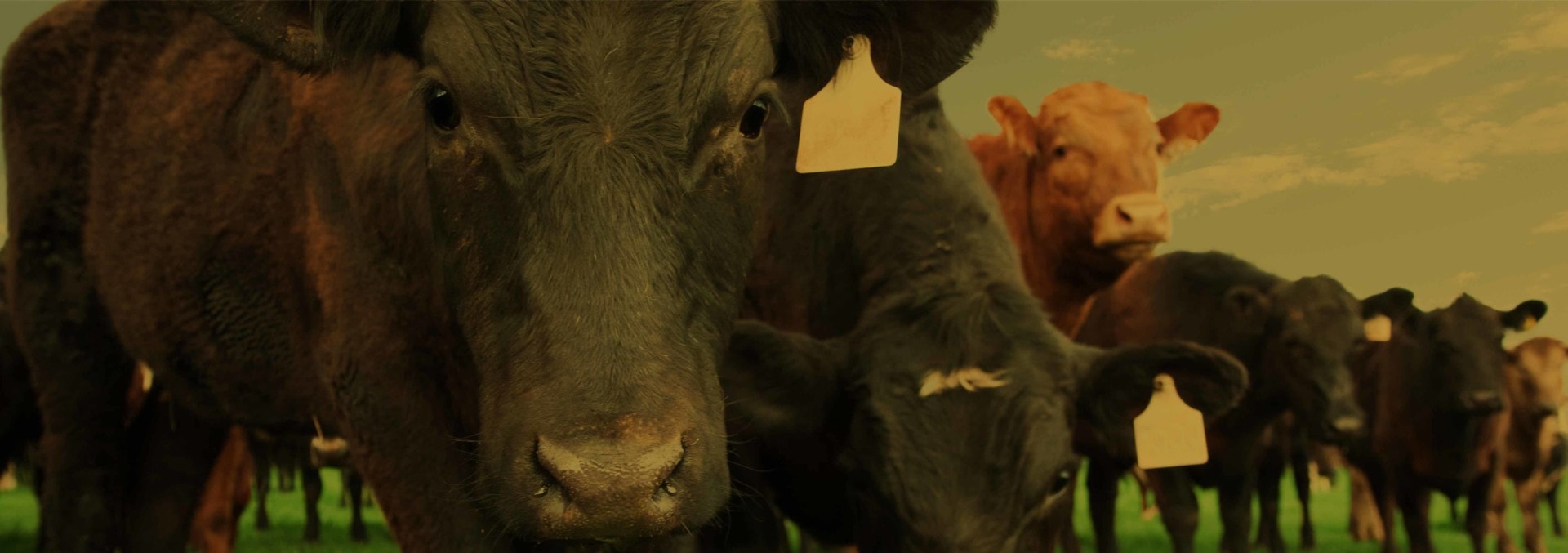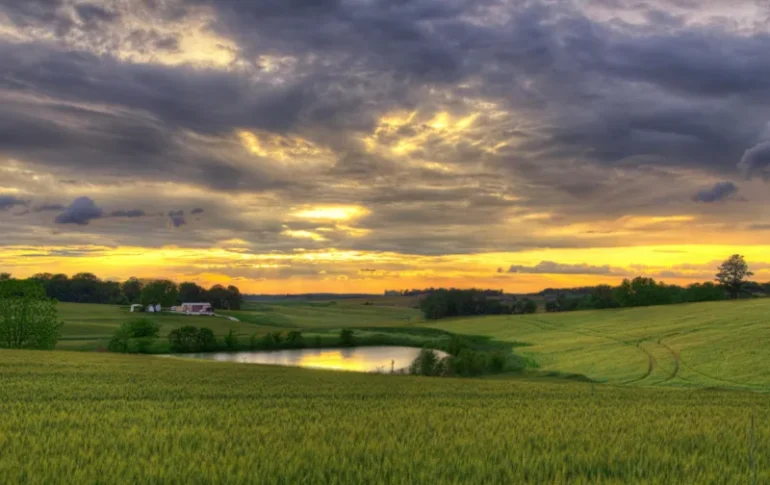Don’t Kick The Cows Off: Recommendations For Ranch Buyers
By Bill Nutt
When reviewing my insurance policies recently, I realized that we have owned our ranch near Twin Bridges, Montana for over a decade. Certainly that isn’t long enough to become an expert, but I have learned a few things I’d like to pass along to those considering a ranch purchase. Here’s a list of my top six recommendations for ranch buyers.
1. MAKE THE RANCH-BUYING EXPERIENCE FUN. If we were buying a second home in Arizona or Florida, it would be relatively easy to find and evaluate such properties, and most of us would probably have the skills and experience to make such a purchase without much professional advice. A ranch purchase is quite a different experience—and in a good way. Buying a ranch is intellectually challenging; it requires learning new subjects and acquiring new skills in dealing with environmental, agricultural, water, and mineral rights issues.
Buying a ranch is a process, and it takes time and the advice and guidance of a professional land broker. Note, I did not say “real estate agent” because you need someone with specific ranch expertise. We looked for over two years for our ranch with Greg Fay, who not only identified more than 30 possible choices but also helped us with our thinking and narrowed our search in terms of location, size, buildings, agricultural uses, hunting possibilities, and more. And he continues to do so a decade later. You will also need a local attorney familiar with the area and typical ranch due diligence issues.
Closing often takes longer than the traditional 90 days, particularly when there are unique environmental or water rights issues involved. Again, the buying experience is a learning process, but it’s a good one.
2. DON’T KICK THE COWS OFF. For many buyers, their first act after closing is to eliminate cattle grazing and agricultural operations. This is usually a bad idea. Like us, you may not have the time, expertise, or interest in ranching yourself. However, leasing your ground to a responsible local rancher has many benefits. First, your ranch simply looks better when it’s well-irrigated and cultivated. Second, an agricultural operation eliminates weeds and consequent fire danger. Third, having a local rancher who treats your land as well as he treats his own and watches your property, particularly during hunting season, is really valuable.
3. DON’T BE AFRAID OF JUNK. Some of the best ranches we looked at were covered with all sorts of junk. Every piece of farm equipment brought to the ranch since 1918 sits rusting somewhere. Look beyond it. If you offer it for free in the local newspaper or by word of mouth to tradesmen and neighbors, you will be surprised how quickly it disappears.
4. CONSIDER A PROPERTY MANAGER. Since most of us use our ranches periodically, having a property manager nearby is essential. Someone who comes in every few days checks the heat and water, walks through the barn, and is visible to the neighbors is really helpful. It may be the local rancher who leases your ground or a schoolteacher or building contractor. These people know the community and how to find the best plumber, painter, lawn mower, and the right person to fix whatever breaks.
5. RESIST THE URGE TO OVERBUILD. While it is fun and rewarding to build the new ranch house or horse barn, don’t go too big. A 10,000-square-foot log home might be great in Vail, Colorado, but do you really need it or want to maintain it in Montana or Wyoming? Also, when the day comes when you want to sell your ranch, an overbuilt home or equestrian center severely limits your market and can actually hurt the value of your ranch.
6. BE INVOLVED, AT LEAST TO SOME EXTENT, IN THE LOCAL COMMUNITY. Most of us have limited time at the ranch and want to fish, hunt, ride ATVs and entertain family and guests—but try to get involved with your neighbors and community. Find a way to support the local school. Get to know the local hospital or urgent care and, hopefully, never use them. Your neighbors have a great deal to offer and are outstanding friends and advisors. Don’t forget that you have much to offer them as well.
I hope these bits of advice are helpful. A decade of ranch ownership is just long enough to know how much you don’t know about ranching. However, learning about your ranch and improving it, albeit while making mistakes, can be the best parts of the ownership experience.





